Yes, It's Already Wednesday
Tuesday brought a new chapter of the "Will they or won't they?" story that has kept the travel industry guessing for weeks. The subject: The much-rumored expansion of the laptop ban. First came a report saying the wider ban would not be implemented. That was followed by a statement from the U.S. Department of Homeland Security saying an expansion remains on the table if circumstances warrant. We don't know if or when that will happen, but aviation business reporter Brian Sumers does a fine job of sketching out the recent twists and turns.
One call we can make with more confidence is that Trivago won't follow metasearch rivals in gobbling up competitors. The CFO tells executive editor Dennis Schaal that Trivago loves its brand, thank you very much, and doesn't want the hassle of buying and integrating a new one. — Hannah Sampson, News Editor

Trivago is hotel-only and is focused on growing its own brand without the headaches of trying to figure out what to do with an additional brand. Trivago isn't talking about it, but would gladly leave it to Kayak to try to determine what to do with multiple brands such as Momondo and Cheapflights.

It's starting to look like an electronics ban on flights from Europe to the United States may not be imminent. But no one outside of government knows for sure — not even airlines.

Even as tests go, this is a tiny one. But it shows what's possible with biometrics. Wouldn't it be nice to be able to go through the airport without showing a boarding pass or passport?
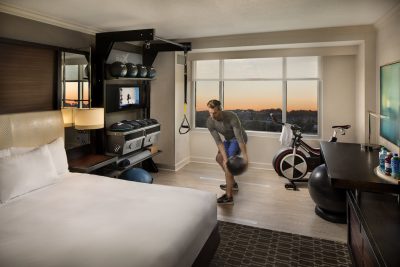
This is especially ideal for guests who (1) don't want their colleagues (or the general public) to see their sweaty selves in the hotel gym and (2) those rare souls who want to work out 24/7 as if no one is watching.

If you think metasearch revolutionized the act of shopping for travel, wait until these sites truly harness all the data out there.

The results of this study seem like a no-brainer, but you might be surprised to see how this is part of an evolving conversation about the true importance of face-to-face meetings and events.

Thomas Cook has hit the ground running in China but it's not running away from its core business in Europe. The group doesn't want to be too aggressive in China before its made more of a name for itself in the market and sees how consumers respond.

For now, the industry's biggest task it to make sure that Millennials don't completely disengage and abandon loyalty altogether.
New Luxury

When it comes to short-term vacation rentals, a guaranteed level of service is goal of luxury and non-luxury travelers alike.

American Airlines has a new lounge for ultra-premium passengers at JFK. Good luck getting in though.

Swire is an interesting hospitality brand that not enough people know outside of Hong Kong. That is set to change.
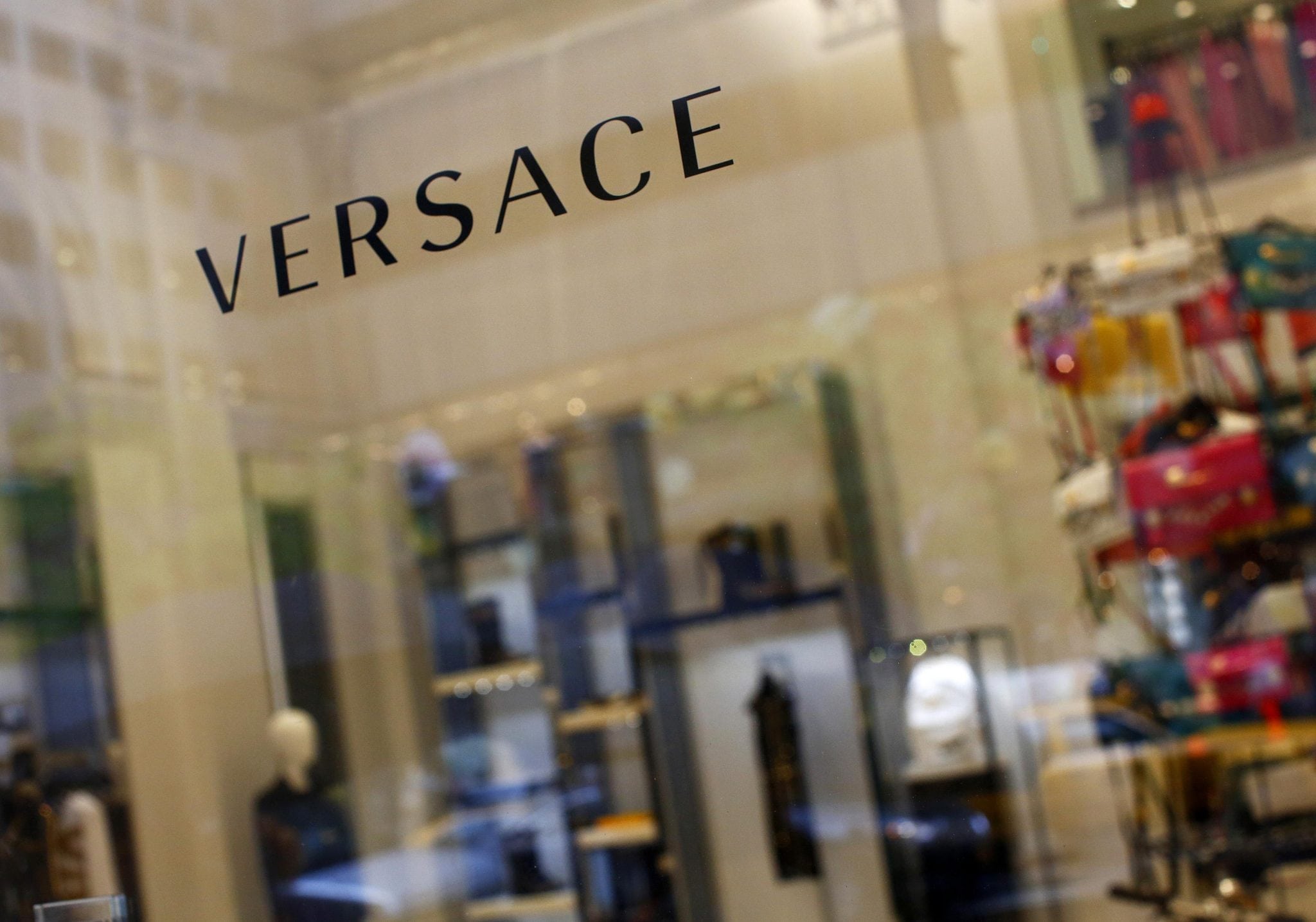
Females are considered the primary purchases in travel, but a more holistic view of the luxury sectors suggests that men are an equally, if not more, important target for marketers.
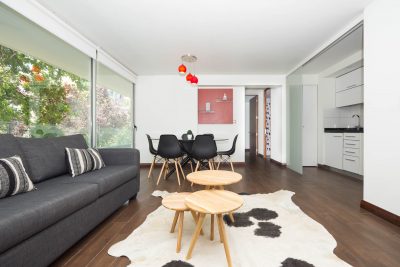
Luxury travelers like vacation rentals, too. They just want to make sure they're well taken care of along the way.
Still Popular
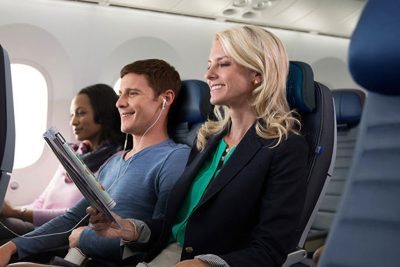
We like Scott Kirby because of his honesty. He's right. Travelers may say they want comfort, but most value price over everything else.

Mondee, a travel technology company in California, paid $2.89 million for the Fly.com domain name, according to our sources. But the story behind this secretive company is also a broader tale about private equity, ethnic travel, and how airlines distribute their lowest-priced tickets.

Will a no-Boomers-allowed policy, youth-focused design, and tailored shore excursions be enough to convince millennials that river cruising is the way to experience Europe? The CEO of U by Uniworld thinks so — and she only has to win over 120 passengers at a time.


![Free eBook: 22 Creative Destination Marketing Campaigns [SPONSORED]](https://skift.com/wp-content/uploads/2017/05/800x480-HI-RES-HERO-WITHOUT-TEXT-400x240.jpg)
















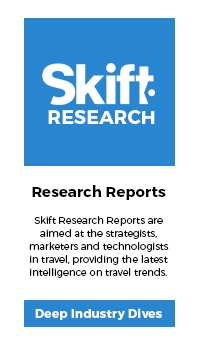
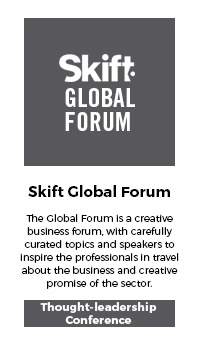
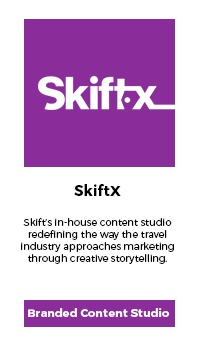
.jpg?t=1496179327856)


No comments:
Post a Comment